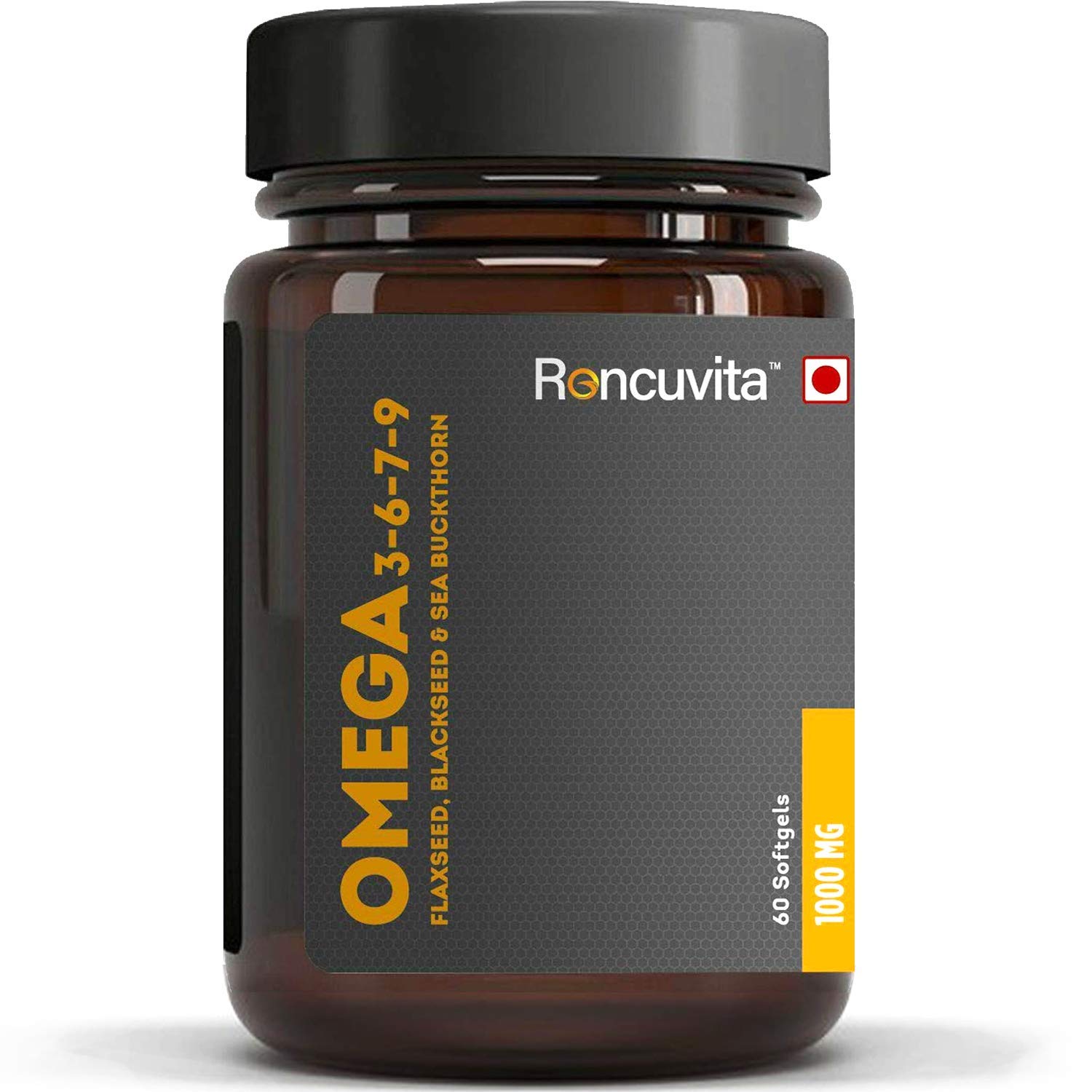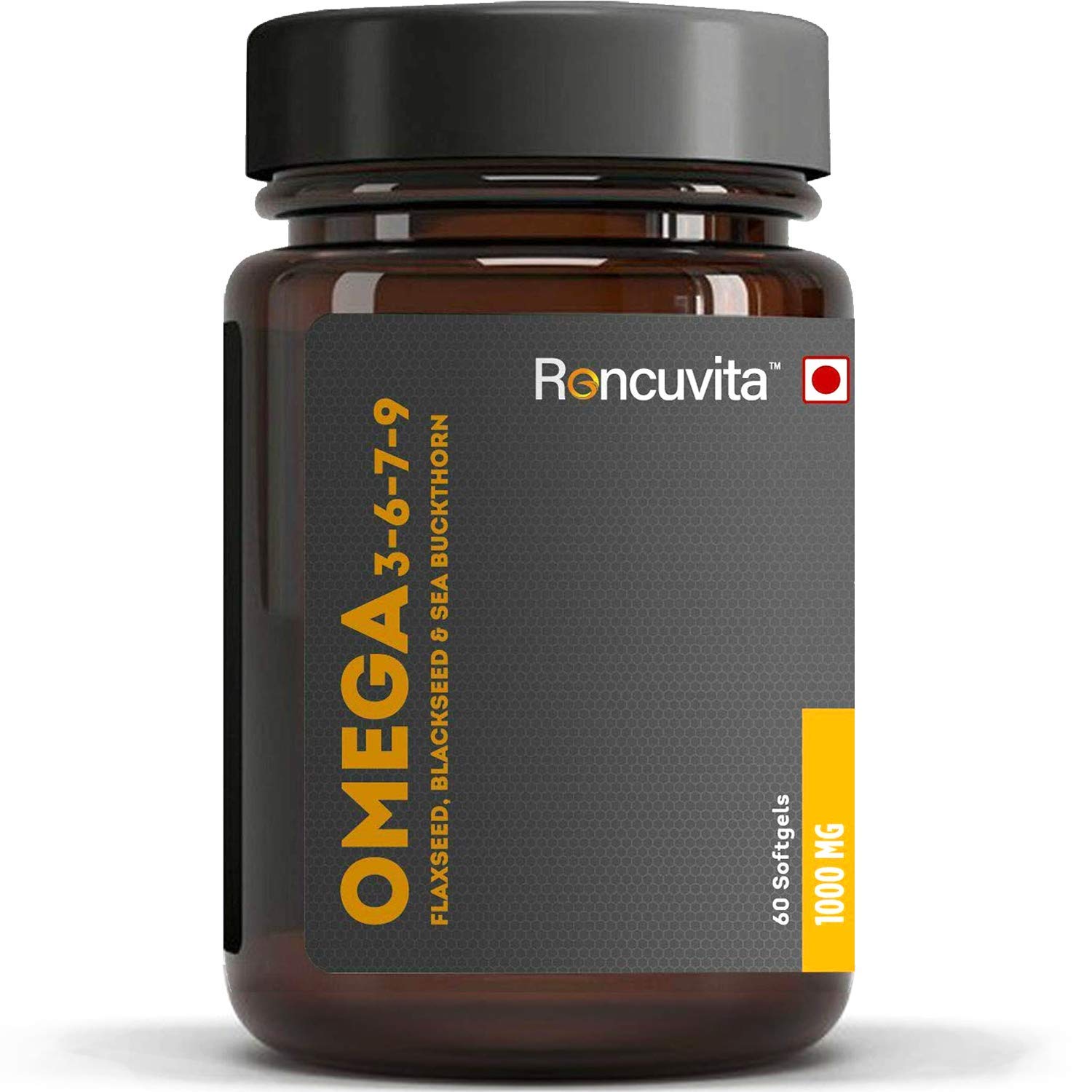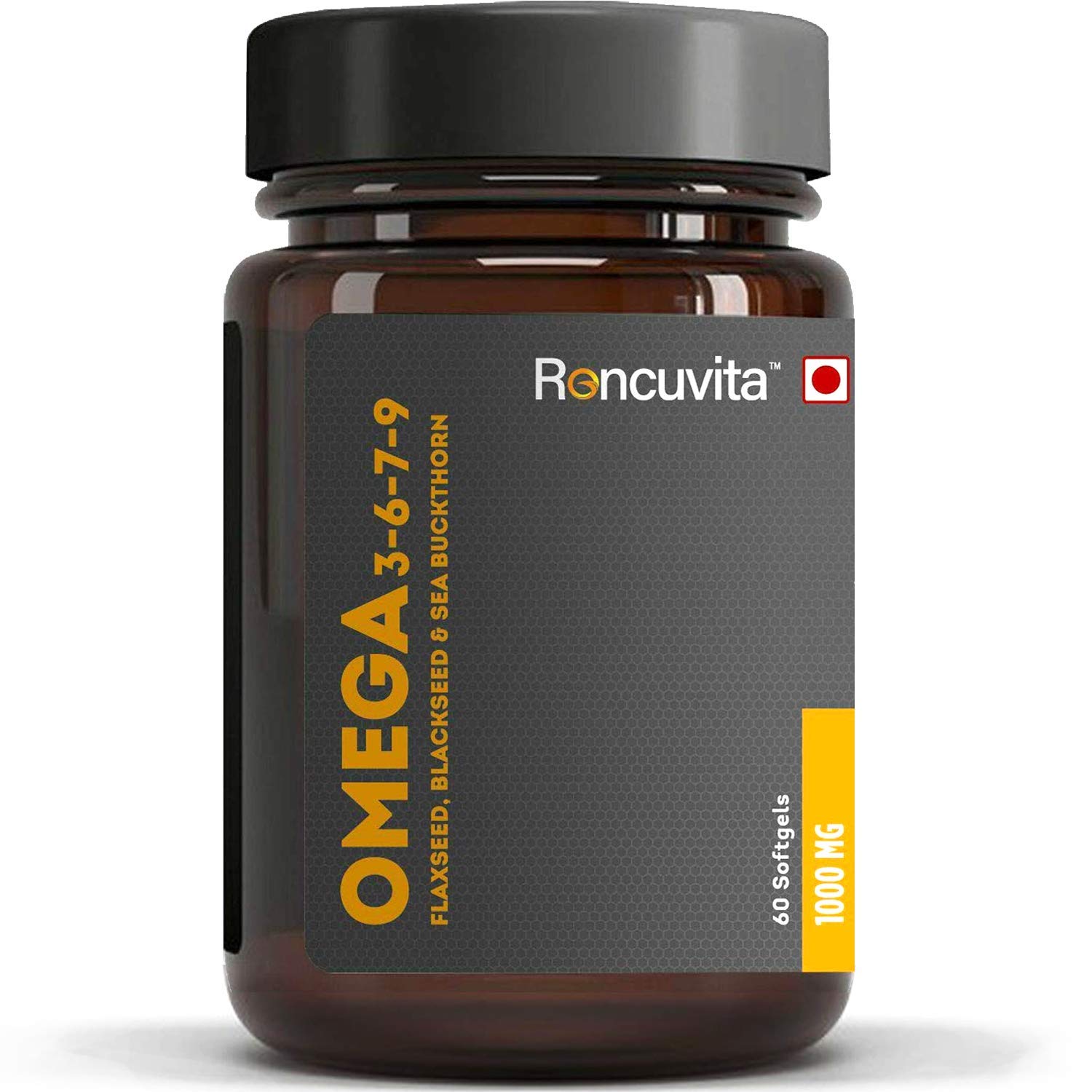Omega-3 is a type of polyunsaturated fatty acid, which has been found to be essential for health and well-being. A lot of research has gone into omega-3 6 and 9, which are substances that can help reduce inflammation in the skin. This article will discuss the benefits of taking these supplements which include reducing wrinkles, improving acne, preventing dryness, promoting healthy hair growth, and more!
Skin is one of the most absorbent organs in the body, so it is important to moisturize your skin properly with quality ingredients. The skin is an organ that requires constant care, not only because it is prone to aging, but also because as we age, the skin tends to lose its ability to hydrate.
The importance of omega-3 in the skin
More and more people are taking care of their skin by using the natural ingredients found in foods. There is a lot of talk about the benefits of omega-3 oils in the skin. Omega-3-6-9 is two forms of omega-3 that work to keep the skin healthy. What does the skin need from the diet?
The skin is a very important organ in the body. With an oily skin, it is important to get more of the natural oils than if it were dry. The diet needs to supply more of these natural oils so the skin can be healthy. Omega-3 oils that are good for the skin come from fish and nuts. The diet needs to supply omega-3 fatty acids such as DHA and EPA. DHA is one of the most important omega-3 fatty acids that is found in fish. It helps with skin health if it is ingested. Along with this, a diet that supplies the skin with omega-3 fatty acids will help to keep the skin healthy and look younger because it will have a healthy skin barrier. Drinking enough water is extremely important because the skin needs the water to be healthy.
What is anti-inflammatory?
Omega-3 and omega-6 fatty acids are essential nutrients that help maintain the optimal health of the skin. They regulate inflammation and promote healthy cell growth, as well as increase levels of antioxidants and other important nutrients in your cells. Omega-3 fatty acids can strengthen the skin barrier and reduce inflammation, whereas omega-6 fatty acids can reduce redness and swelling. Find out more about why omega-3 and omega-6 fatty acids are so important for skin health.
How does anti-inflammatory work? Anti-inflammatory, including Omega 3 and 6 Fatty Acids, is an oil that’s extracted from the seeds of flaxseed. It ‘s a good source of linoleic acid and alpha-linolenic acid – both omega-3 and omega-6 fatty acids. Anti- inflammatory also contains antioxidants such as vitamin E and polyphones such as catechins. Antioxidants play a role in anti-inflammation by preventing the formation of free radicals. Free radicals are unstable molecules that can’t be fulfilled, therefore they damage cells and tissue. Free radicals normally exist in a balanced manner, however when an inflammatory process begins, free radicals that are damaging cells and tissue may increase.
What is inflammation?
Inflammation is a response of the body to an injury. When an injury happens, the chemicals that are released into the bloodstream cause inflammation to occur in order to clean up and repair damaged tissue. In some instances, inflammation is a useful process that allows the body to heal. In other cases, however, there can be a problem. When inflammation occurs at a chronic level, it can become a problem.
Omega-3 6 and 9 benefits for the skin
Omega-3 6 and 9 are essential nutrients for skin health. They are known to have a positive impact on skin health, but they also have been shown to help with acne, eczema, psoriasis, dry skin, and the signs of aging. What is the best source of omega-3 6 and 9? Seafood such as salmon, sardines, swordfish, tuna, and trout are rich in omega-3 6 and 9. They offer the highest concentration in nature, with approximately 120 mg of alpha-linolenic acid (ALA) in 1-oz. salmon, for example. Only about 24 mg are found in 1-oz. sardines, for example, and 14 mg in 1-oz. trout. Other animal-based alternatives also offer your body with plenty of EPA/DHA, such as eggs, beef, chicken liver, and bison.
Omega-3 6 and 9 benefits for the body
Omega-3 6 and 9 are essential fatty acids that your body needs for healthy skin. They help to keep the skin hydrated and supple, and they also reduce inflammation. To find out the benefits of these oils for your skin, start by looking at a food label. Look for the words “omega-3” and “omega-9.” You’ll find that fish oil is a great source of omegas 6 and 9.
Why Omega-3 6 and 9 are so beneficial for your skin?
Omega-3 6 and 9 are considered essential fatty acids. That simply means that they are “essential” to your body’s health and functioning. They cannot be produced by the human body. Therefore they must be obtained from food. Seafood is a good source of these essential fatty acids. You should not take any supplement that contains more than 1,000 mg (1 g) of these essential fatty acids per day. This is because too much of any essential nutrient can over-do the system and cause adverse reactions. However, you can take a small amount of omega-3 6 and 9 without taking any ill effects.
To help the body get these essential fatty acids from food into the body, you need to be sure that you are getting enough vitamins E. There is a relationship between adequate levels of vitamin E and high levels of omega-3. This means that you will need to take a good quality fish oil supplement along with your vitamin E if you want to get the most benefit from this nutrient. The only way that you can be certain that you are getting enough vitamin E is to take a good quality supplement.
Conclusions
Omega-3s and omega-6s are a key component of a healthy diet. Research has shown that these essential fatty acids play a crucial role in the health of the skin, which is why taking an Omega 3/Omega 6 supplements is recommended for people with dry, broken out, or aging skin.





